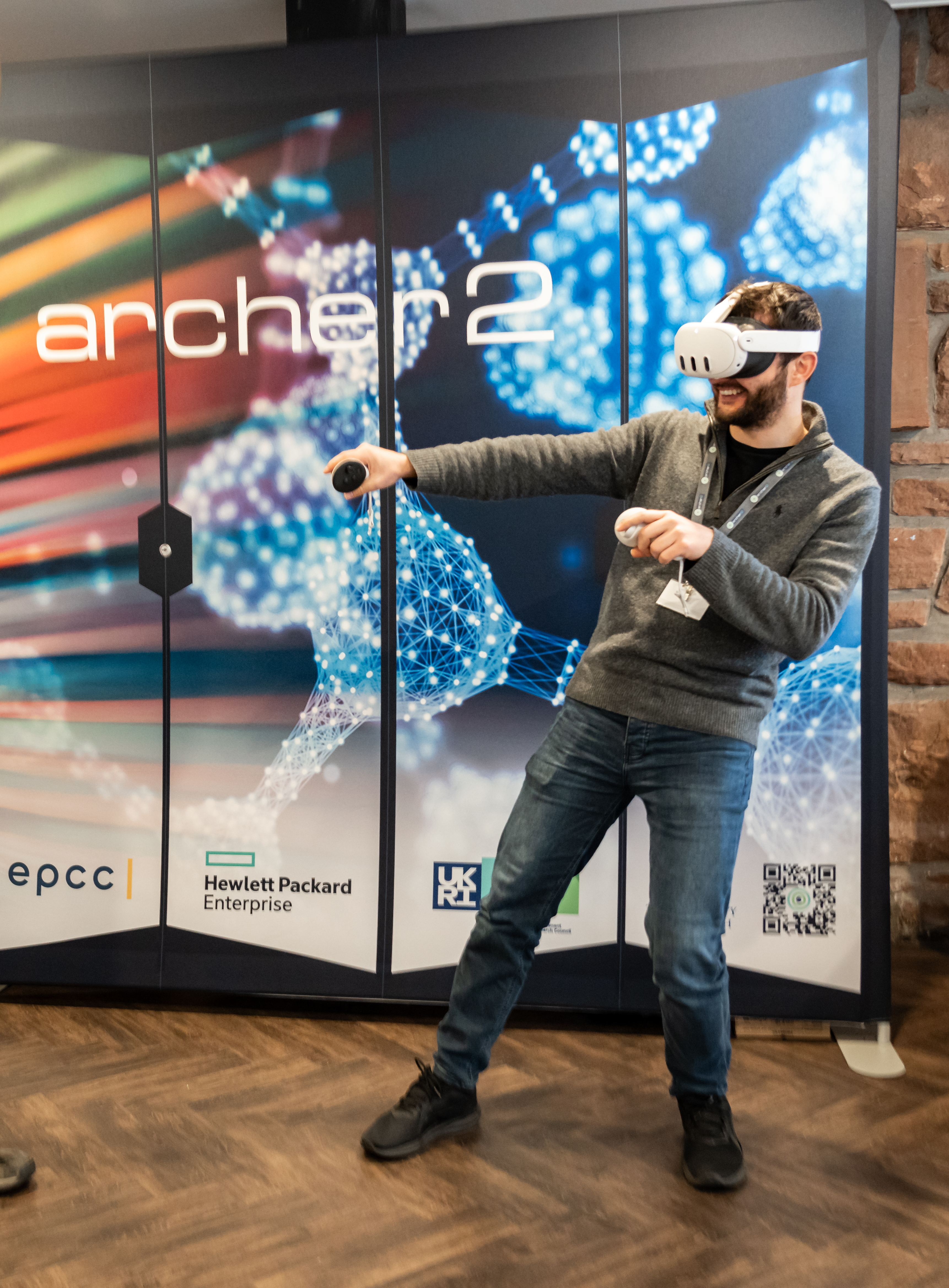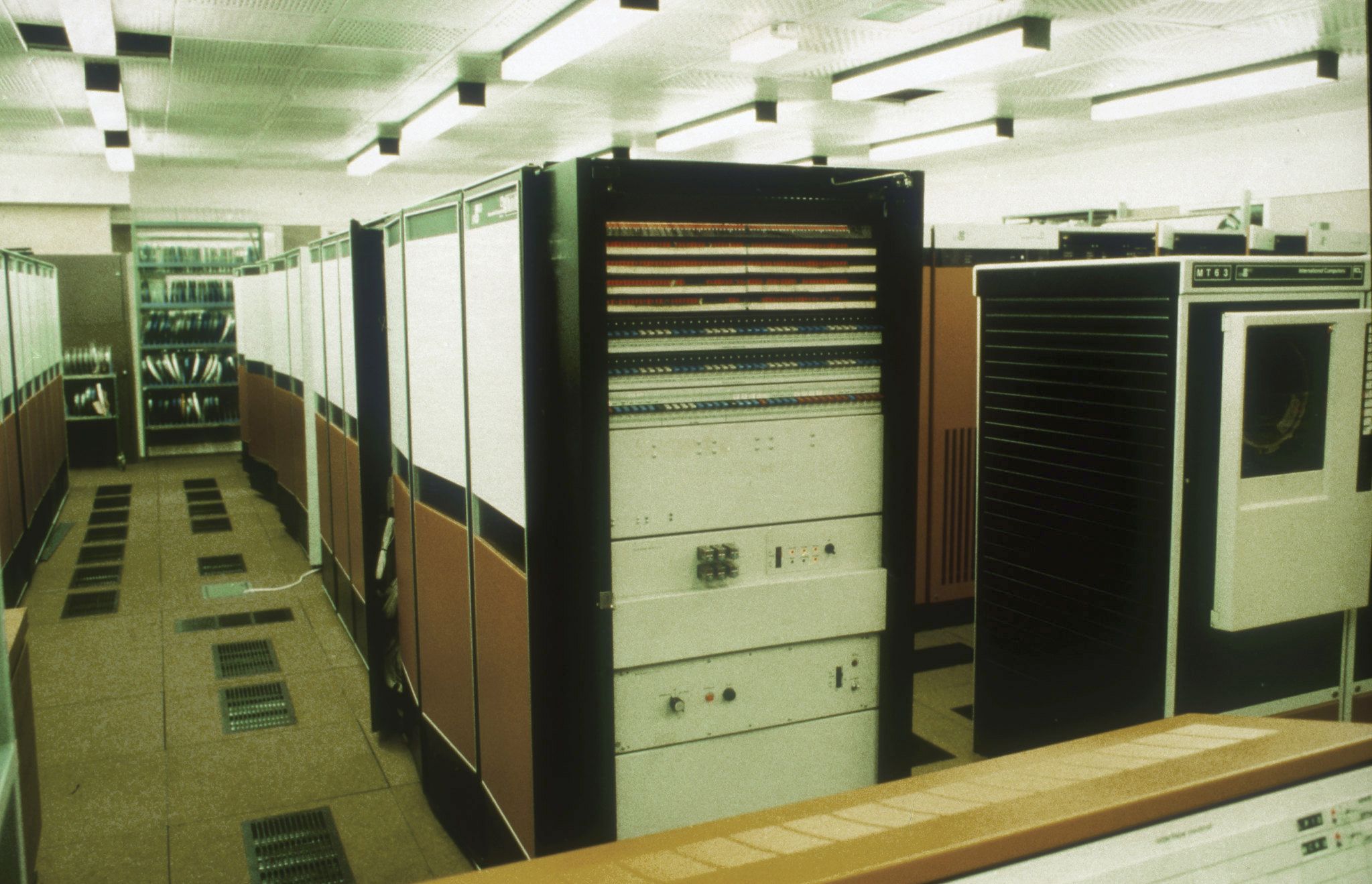ARCHER2, the UK’s National Supercomputing Service, stands as a world-class advanced computing resource for UK researchers. Powered by the HPE Cray EX supercomputing system, ARCHER2 boasts an estimated peak performance of 28 Pflop/s. With 5,848 nodes, each housing dual AMD EPYCTM 7742 64-core processors clocked at 2.25GHz, the machine contains a total of 750,080 cores. Running ARCHER2 requires specialist staff and facilities, along with a massive power supply. The system is capable of over eleven times the scientific throughput of its predecessor, ARCHER.
Virtual tours offer a unique opportunity to explore locations remotely, making them accessible to individuals unable to visit in person. With just an internet connection, users can access our virtual tour of the ARCHER2 supercomputer from anywhere, at any time, eliminating the need for scheduling appointments or travel. Our tour provides an immersive experience, allowing you to explore every corner of the supercomputer room, walk through its corridors, and enjoy a 360º view of the facilities.
Captured using a Sony A7iv camera, our virtual tour offers high-resolution imagery stitched together into panoramas. Powered by Kuula, the interactive tour allows seamless navigation via desktop, mobile phones, and VR headsets. With VR functionality, users can enjoy a realistic and immersive experience, enhancing engagement and retention of information. We will continue enhancing the tour with additional features such as information bars and audio guides. Stay tuned for an upcoming virtual tour of the ARCHER2 power plant, adding a second room to the experience. Discovering ARCHER2 and its surroundings has never been easier.
Visit the tour on the Kuula site
Photographs thanks to Luca Parisi EPCC



